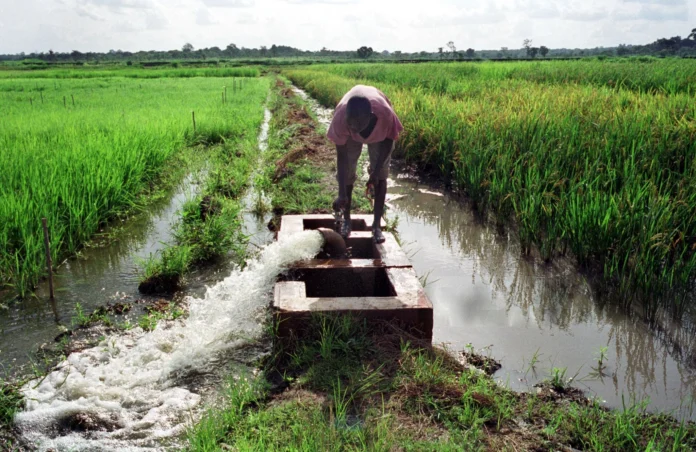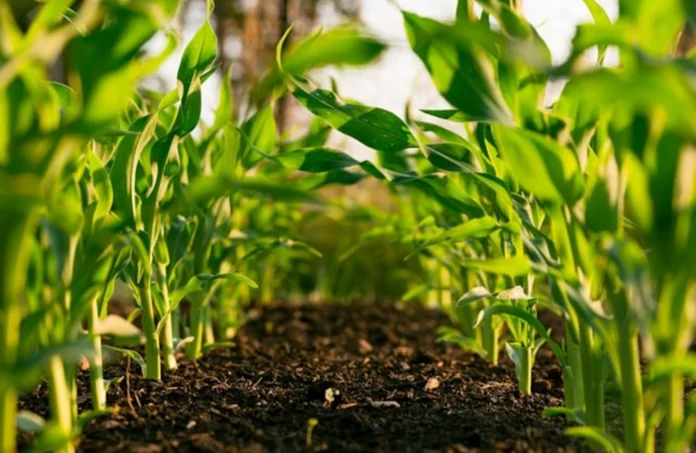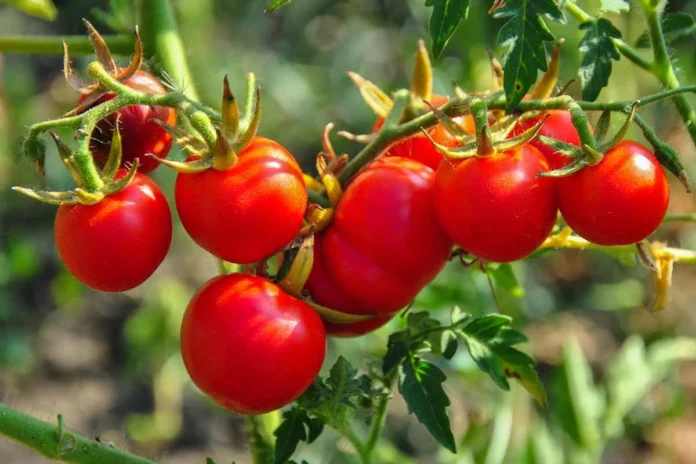LOMÉ, Togo – Togo has recorded a sharp rise in coffee and cocoa exports, underscoring the early impact of sweeping reforms and investment programs aimed at revitalizing two of the country’s most important agricultural sectors.
According to new figures released by the Coffee-Cocoa Sector Coordination Committee (CCFCC), combined exports of coffee and cocoa jumped by nearly 50% during the 2024–2025 marketing season compared to the previous year.
Export Performance at a Glance
Coffee exports rose to 4,400 tons, up from 2,618 tons in 2023–2024. Cocoa performed even more strongly, with shipments more than doubling to 24,000 tons from 11,182 tons.
Officials say the rebound reflects the rollout of the Coffee-Cocoa Development Plans (PDCC), introduced last year. The strategy focuses on modernizing farming practices, improving quality standards, boosting local processing capacity, and expanding access to both domestic and international markets.
Strengthening Oversight and Governance
To ensure better regulation of the sector, the CCFCC recruited 11 new product inspectors, increasing the total to 16. The agency also introduced training programs for producers and cooperatives, while stepping up anti-smuggling measures to protect revenues and curb illegal trade.
“These reforms are beginning to bear fruit. We are seeing stronger output, better quality, and renewed confidence among farmers and exporters,” a CCFCC official said.
Recovery After Years of Decline
The strong growth comes after a period of significant challenges. In 2021, coffee exports plunged by 23% to just 2,000 tons, while cocoa shipments were cut in half to 5,400 tons, reflecting both unfavorable market conditions and structural weaknesses in the industry.
Since then, steady recovery efforts—supported by government investment and international partnerships—have helped restore momentum.
Long-Term Ambitions
Looking ahead, authorities have outlined a 2030 vision to make Togo’s coffee and cocoa sectors more competitive, sustainable, and profitable. The government has set a production target of 50,000 tons of robusta coffee by the end of the decade.
In pursuit of this goal, Lomé has committed to substantial financial backing. In 2023, it pledged US$18.5 million for coffee development and US$16.3 million for cocoa initiatives, funds that are being channeled into productivity improvements, farmer training, and value-added processing.
Regional and International Engagement
Togo has also taken steps to strengthen its role on the regional stage. Earlier this year, the country formally joined the Inter-African Coffee Organization (IACO) by ratifying the 2020 Agreement. Membership is expected to open new avenues for collaboration with other African producers, as well as reinforce commitments to sustainable governance and international market integration.
Analysts say the impressive rebound signals growing resilience in Togo’s agricultural sector, though challenges remain. Climate variability, price fluctuations on global commodity markets, and the need for continuous investment in infrastructure and farmer support could all test the pace of progress.
Nevertheless, the 2024–2025 season has marked a turning point. With robust reforms underway and production volumes rising, Togo’s coffee and cocoa industries are positioning themselves as stronger drivers of economic growth and rural development in the years ahead.












